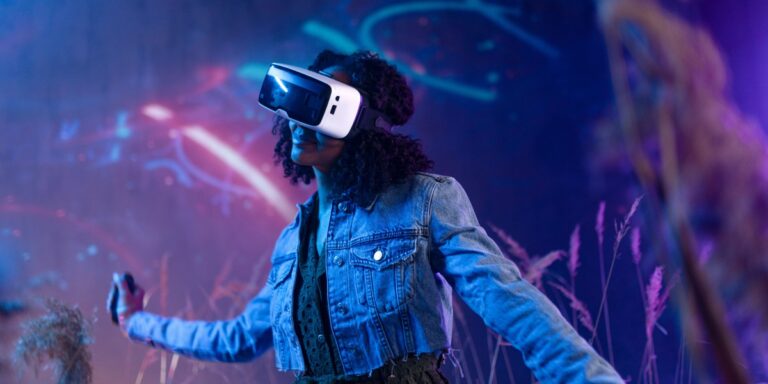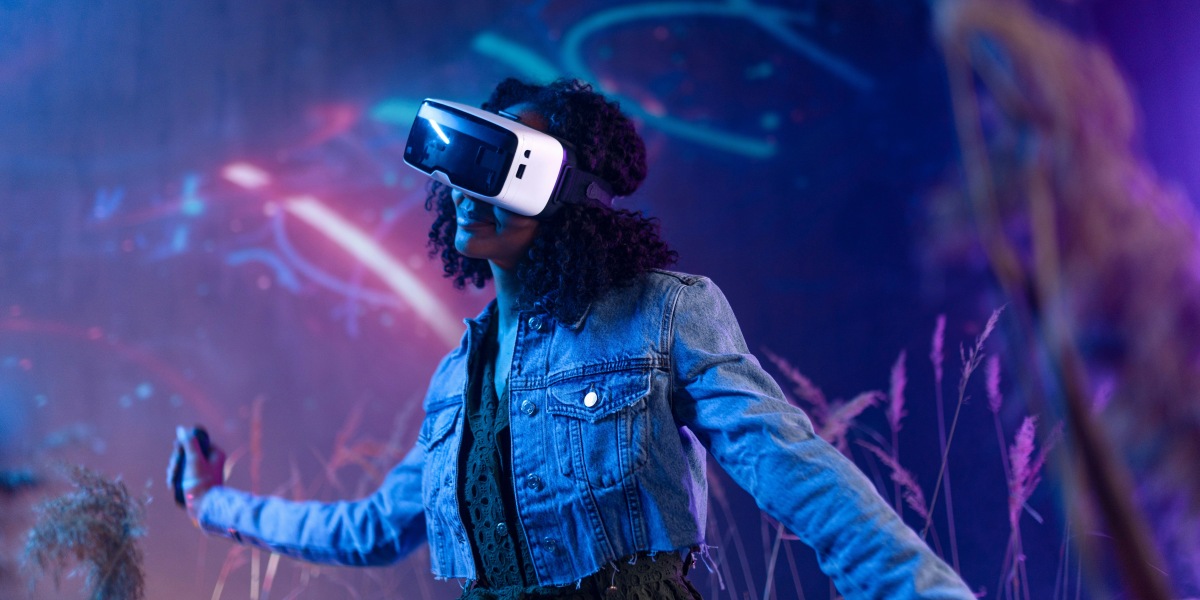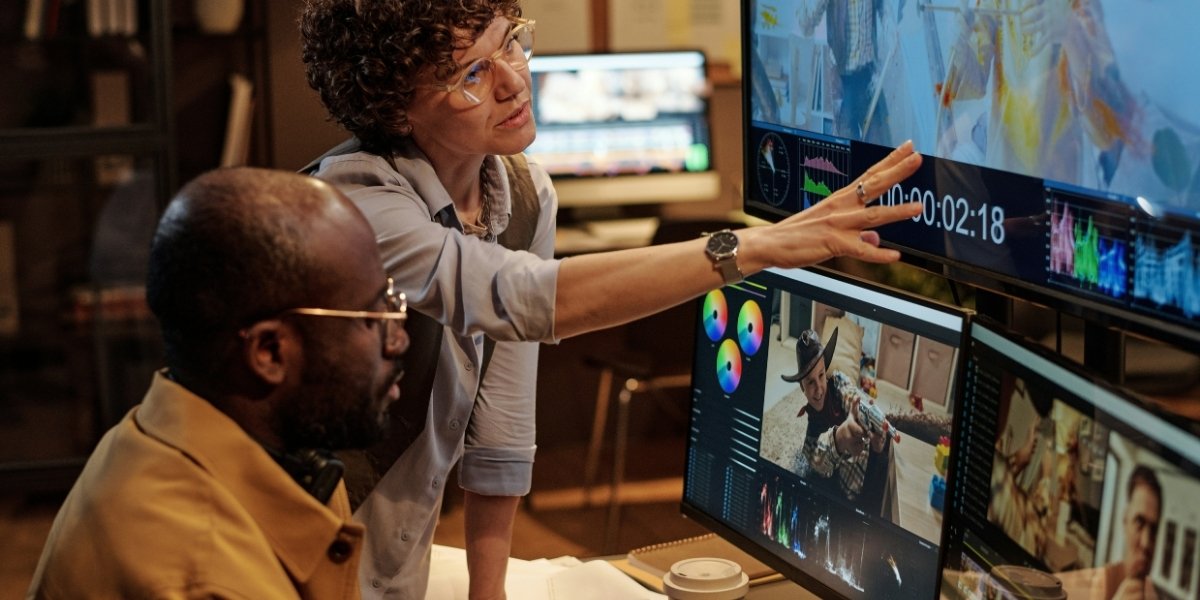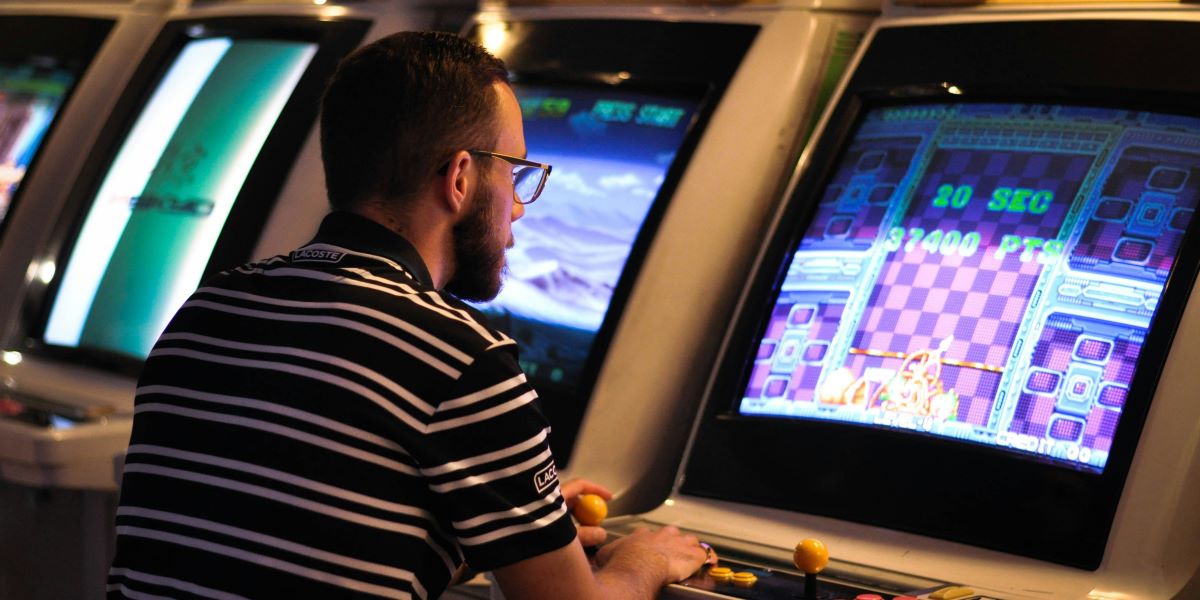

Beyond Due Diligence: The Rise of AI-Driven M&A in Tech
In today’s fast-paced tech landscape, mergers and acquisitions (M&A) are no longer driven by traditional methods alone. With the rise of artificial intelligence (AI), the entire M&A process—especially within the technology sector—is evolving at a

What to Know Before Starting a Moving Business
Starting a moving business presents a unique opportunity in a sector that supports countless residential and commercial relocations each year.

Making Your Business Strong: How Companies are Building Reliable Supply Chains
Think of a supply chain like a long, important road that connects everything your business needs to make a product

Understanding the C-Suite: The Essential Differences Between CEO and COO
In the high-stakes world of corporate leadership, titles like CEO and COO often dominate boardroom conversations and business headlines. But

Win-Win Thinking: Building Successful Relationships Through Collaboration
Defining Win-Win Thinking in Personal and Professional Life Win-win thinking refers to a mindset in which all parties involved in

Understanding the Importance of Research in Effective Copywriting
In the field of copywriting, research stands as the invisible structure behind clear and compelling messaging. While the finished product often appears effortless to the reader, a great deal of

Step-by-Step Brewing Process: From Mash to Fermentation
Brewing beer is an ancient craft that has evolved over time but still relies on the same basic principles. From the initial mashing process to fermentation, each step in the

Transformational Leadership: The New Standard for CEO Succession Planning
In today’s rapidly changing business landscape, CEO succession planning has taken on greater importance than ever. Boards are no longer just seeking experienced leaders who can maintain the status quo—they

How Can an Accusation Audit Help Manage Negative Perceptions in Negotiation
Negotiations can easily be hindered when negative perceptions take hold. These perceptions create invisible walls that block trust and honest communication. One powerful technique to handle this challenge is known

Building and Maintaining Good Credit: A Key to Financial Success
A strong credit score is an essential component of financial health and stability. It affects many aspects of an individual’s financial life, including the ability to secure loans, qualify for

What to Know Before Starting a Moving Business
Starting a moving business presents a unique opportunity in a sector that supports countless residential and commercial relocations each year. Many entrepreneurs are drawn to this industry because it

Making Your Business Strong: How Companies are Building Reliable Supply Chains
Think of a supply chain like a long, important road that connects everything your business needs to make a product or offer a service. This road brings materials from

Choosing Your First Home Brew: Popular Beer Styles for Beginners
Homebrewing is an exciting and rewarding journey, and one of the first decisions every new brewer faces is selecting the

Exploring the Growing Popularity of Song Covers
In recent years, the internet and social media platforms have sparked a resurgence in the popularity of song covers. From

Immersive Live Sets: Technical Design and Audience Experience
Live music performances have expanded beyond sound to include visual, spatial, and interactive elements. These additions aim to create immersive experiences—settings where audiences feel surrounded, engaged, and emotionally connected to the performance. Immersion in this context refers to the integration of multiple sensory inputs that work together to deepen the impact of a live set. Artists and production teams use technology and design to shape these experiences, often tailoring them to the venue, audience, and artistic intent. Spatial Audio and Sound Placement Spatial audio refers to sound that is positioned and moved within a three-dimensional space. Unlike traditional stereo setups, spatial audio systems allow sound to travel around, above, or behind the listener. This technique creates a sense of depth and realism, making the audience feel as though they are inside the music rather than simply listening to it. Technologies such as Dolby Atmos and Ambisonics are commonly used in immersive audio setups. These systems rely on multiple speakers placed throughout a venue to distribute sound dynamically. According to Dolby Laboratories, spatial audio enhances emotional engagement and can increase perceived sound quality even at lower volumes (Dolby, 2023). Artists may use spatial audio to isolate instruments, pan vocals across the room, or simulate environmental effects. For example, a performer might trigger a rain sound that moves from the back of the venue to the front, creating a sense of motion and atmosphere. These techniques are often programmed in software such as Ableton Live or Logic Pro, which support multichannel output and automation. Visual Design and Real-Time Integration Visuals play a central role in immersive live sets. Lighting, projection mapping, and LED installations are used to complement the music and guide audience attention. These elements are often synchronized with audio cues, creating a unified sensory experience. Projection mapping allows visuals to

Technical Aspects and Troubleshooting in Color Correction
Mastering the Technical Side of Color Correction Color correction is more than just adjusting hues and tones—it’s a precise blend

The Nostalgia Boom: Why We Can’t Resist Entertainment Throwbacks
From rebooted TV shows to remastered video games, nostalgia has become a driving force in modern entertainment. The resurgence of

Immersive Live Sets: Technical Design and Audience Experience
Live music performances have expanded beyond sound to include visual, spatial, and interactive elements. These additions aim to create immersive experiences—settings where audiences feel surrounded,

Beyond Micromanagement: How the 80/20 Rule Transforms Leadership
The classic image of a micromanaging CEO has been steadily evolving. Today, more leaders are focusing on a different approach to leadership: the 80/20 rule.

Why Stakeholders Are Really Big Deal in Business
Today, businesses often find themselves navigating a busy environment full of different interests and priorities. It’s become incredibly important to

Navigating Uncertainty: Global CEOs Turn to Strategic M&A
In today’s volatile business landscape, CEOs are being tested like never before. With global economic shifts, market disruptions, and geopolitical

Microbusiness vs. Small Business: A Detailed Breakdown
In today’s fast-paced entrepreneurial world, the terms “microbusiness” and “small business” are often used interchangeably, but they are not the

Efficient Workflow and Practices in Professional Color Correction
Successful color correction is not just about technical skills and artistic choices—it also relies heavily on an efficient workflow and

How Stress Influences Spending Behavior Among Gen Z
Gen Z faces a unique mix of economic pressures and cultural influences that shape their spending habits. Research from EY’s 2023 Gen

Gen Z’s Financial Anxiety: Budgeting, Stress, and the Shifting Meaning of Stability
For Gen Z, financial anxiety isn’t just about numbers—it’s about uncertainty, control, and the emotional toll of trying to stay afloat in

How to Build an Emergency Fund
An emergency fund is a foundational part of any solid financial plan. It serves as a safety net that can help cover

How People Can Stay Properly Hydrated and Feel Good During Extreme Heat
Hydration is an essential part of maintaining health, especially during periods of extreme heat. As temperatures rise, the body loses water more

The Science Behind Longevity Diets: How Eating Patterns Affect Lifespan
The connection between diet and lifespan has fascinated researchers for decades. While genetics play a role in how long people live, studies

The Power of Simplicity: Simplifying Complex Ideas Without Losing Meaning
In a world filled with an overwhelming amount of information, the ability to communicate ideas clearly and simply is a valuable skill.

The Emphasis on Improved Trade Policies
Trade policies play a critical role in shaping global economic dynamics, influencing everything from supply chains to political relationships. In

How the Government Directly Affects Business Operations
Governments around the world play an essential role in shaping the environments in which businesses operate. Their influence extends across

Exploring the Importance of Freedom of Speech
Freedom of speech is a fundamental human right that allows individuals to express their thoughts, opinions, and beliefs without fear

Building a Resilient Supply Chain: Lessons Learned and Future-Proofing
For business leaders today, few topics are as crucial as the health of their supply chain. Recent global disruptions, whether from unexpected events or shifts

Embracing the Next Generation: The Importance of Taking an Apprentice Under Your Wing
The Transformative Power of Mentorship: Why Taking on an Apprentice Matters In today’s rapidly evolving world, the tradition of passing

M&A Resurgence: Why Companies Are Pursuing Big Deals Now
The mergers and acquisitions (M&A) market is experiencing a notable resurgence in 2025, as companies worldwide are seizing growth opportunities

Building Credibility: Essential Strategies for Gaining Trust and Authority
Credibility is a crucial factor in any field, whether it’s in business, marketing, education, or personal development. Establishing trust with

The Impact of Effective Leadership on Organizational Performance
A workplace characterized by high energy, motivated individuals, and a clear sense of purpose often reflects the influence of effective

How Does Controlling Tone and Pace Affect Negotiation Communication?
In negotiation, how something is said often carries more weight than the actual words spoken. Controlling tone and pace is

More Than Just Free Snacks: Building a Company Culture That Truly Lasts
Many people might picture a modern, attractive workplace filled with bright colors, free snacks, casual dress codes, and perhaps even

The CEO’s Dilemma: Balancing Vision with Execution
Chief executive officers often find themselves caught between two distinct responsibilities—developing a compelling long-term vision and ensuring that the organization

The Importance of Keeping Your Lines Open for Work Emergencies
One of the most obvious reasons to keep communication channels open is for the immediate safety of everyone involved. When

The Shift from Command to Collaboration: Modern Leadership in Hybrid Teams
Leadership has undergone a significant transformation in recent years. Traditionally, executives were seen as figures of authority whose decisions were








